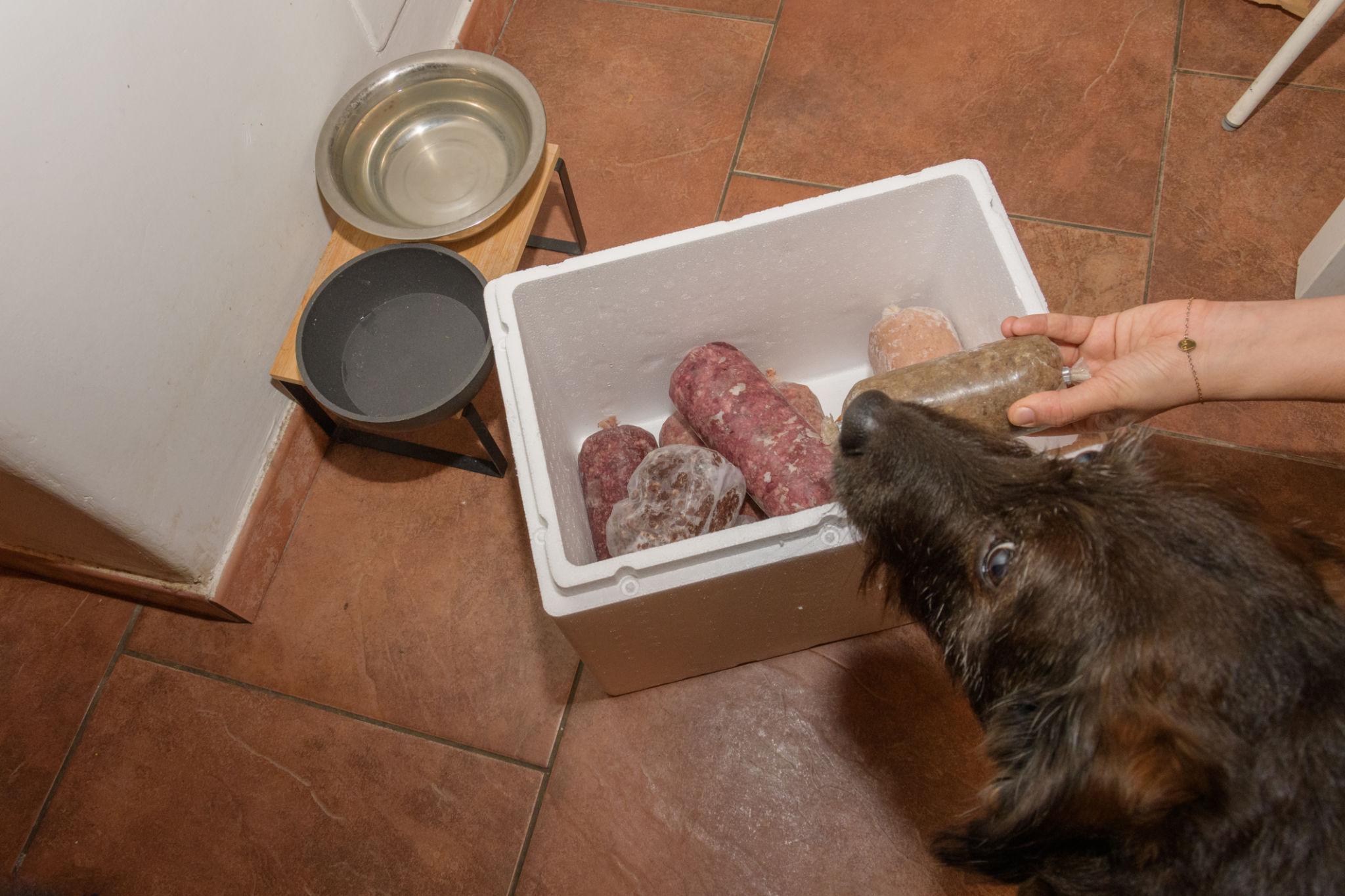Understanding Puppy Nutrition: A Guide for New Owners in Norcross
PP
Understanding Puppy Nutrition: A Guide for New Owners in Norcross
Welcoming a new puppy into your home is an exciting time, filled with joy and responsibility. One of the most crucial aspects of caring for your new furry friend is understanding their nutritional needs. Proper nutrition is essential to ensure your puppy grows into a healthy and happy adult dog.

The Importance of Balanced Nutrition
Puppies require a balanced diet that supports rapid growth and development. Unlike adult dogs, they need more calories, protein, and specific nutrients to fuel their energy and support bone and muscle growth. A balanced diet will also fortify their immune system, making them less susceptible to illnesses.
In Norcross, pet owners have access to a variety of quality puppy foods. It’s important to choose a diet that meets the standards set by organizations like the Association of American Feed Control Officials (AAFCO). Look for labels that state the food is complete and balanced for growth.

Essential Nutrients for Growing Puppies
Protein is a critical component of a puppy's diet, supporting muscle development and tissue repair. Additionally, fats provide the necessary energy to support their active lifestyle. Essential fatty acids also play a role in healthy skin and coat maintenance.
- Protein: Crucial for muscle development.
- Fats: Provide energy and support brain development.
- Calcium and Phosphorus: Important for bone health.
- Vitamins and Minerals: Support overall health and immunity.
Choosing the Right Food
When selecting puppy food, consider factors such as breed size and specific dietary needs. Puppies of different breeds grow at different rates, requiring tailored nutrition. Small breeds may need food with higher calories per serving, while large breeds require controlled calcium levels to prevent joint issues.

Feeding Schedule and Portion Control
A regular feeding schedule is vital for your puppy’s digestion and training routine. Most puppies benefit from three to four meals a day until they are about six months old, after which you can gradually reduce to two meals per day. Be mindful of portion sizes; overfeeding can lead to obesity, while underfeeding can stunt growth.
- Follow the guidelines on the food packaging for portion sizes.
- Adjust portions based on activity level and growth.
Introducing New Foods
Transitioning your puppy to a new type of food should be done gradually over a week. Mix increasing amounts of the new food with the old food daily to help your puppy adjust without digestive upset. This method allows their tummy to adapt to the change smoothly.
Navigating the world of puppy nutrition can be overwhelming, but with the right information, you can make informed choices that benefit your puppy's health. By ensuring they receive balanced nutrition, you're setting the foundation for a long, happy life together.

